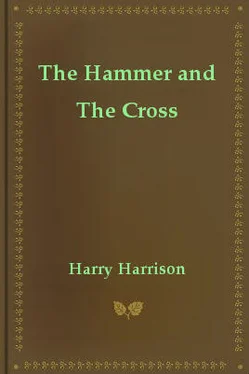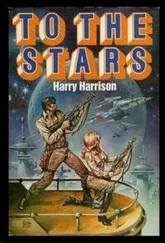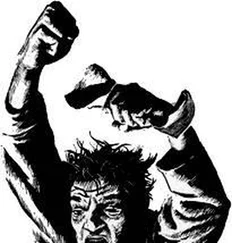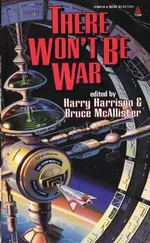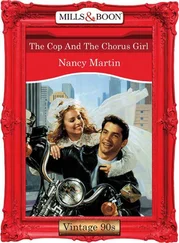“They will hate you forever for that,” Shef had said to him.
“That is another thing we must share,” Alfred had replied.
And so they had done their deal.
Both men single, without heirs. They would be co-kings, Alfred south of the Thames, Shef north of it, at least as far as the Humber, beyond which there still lurked the Snakeeye and his ambitions. Each named the other as his heir. Each agreed that within his dominion, belief in the gods should be free, for Christians, for Way-folk, and for any other that should appear. But no priest of any religion should be allowed to take payment, in goods or in land, except for a service agreed upon beforehand. And Church-land should revert to the crown. It would make them the richest kings in Europe, before long.
“We must use the money well,” Shef had added.
“In charity?”
“In other ways too. It is often said that no new thing can come before its time, and I believe it. But I believe also that there can be a time for a new thing, and then men can stifle it. Or churches can stifle it. Look at our machines and our crossbows. Who could say they could not have been made a hundred years ago, or five hundred, in the time of the Rome-folk? Yet no one made them. I want us to get back all the old knowledge, even the numbercrafts of the arithmetici . And use it to make new knowledge. New things.” His hand had clenched as if on the haft of a hammer.
Now, still watching the files of captives embarking, Alfred turned to his co-king and said, “I am surprised you still refuse to wear the hammer of our banner. After all, I still wear the cross.”
“The Hammer is for the Way, united. And Thorvin says he has a new sign for me. I will have to see if I approve of it, for the choice is a difficult one. He is here.”
Thorvin approached them, flanked by all the priests of the Way, behind them, Guthmund and a cluster of senior skippers.
“We have your sign,” said Thorvin. He held out a pendant on a silver chain. Shef looked at it curiously: a shaft, with five rungs sticking out from it on alternate sides.
“What is it?”
“It is a kraki ,” replied Thorvin. “A pole-ladder. It is the sign of Rig.”
“I have never heard the name of that god. What can you tell me about him that should make me wear his sign?”
“He is the god of climbers. Of wanderers. He is mighty not through himself but through his children. He is the father of Thrall, of Carl, of Jarl. And of others.”
Shef looked round at the many watching faces: Alfred. Thorvin. Ingulf. Hund. There were some not there. Brand, of whose recovery he still had no news. His mother Thryth. He did not know if she would ever wish to see him again.
Most of all, Godive. After the battle a group of his catapulteers had brought him the body of his half brother—his mother's son, Godive's husband. Both he and she had looked for a long time at the purple face, the twisted neck, trying to find in it some memory of childhood, some clue to the hatred in the brain. Shef had thought of lines from one of Thorvin's old poems, said by a hero over the brother he had killed:
“I have been your bane, brother. Bad luck lay on us.
Ill is the Norns' doom, I will never forget.“
But he had not said the words. He meant to forget. He hoped one day Godive would forget too. Forget that he had first saved her, then deserted her, then used her. Now that the constant stress of planning and action was over, he felt inside himself as though he loved her as much as he ever had before he rescued her from Ivar's camp. But what kind of love was it that had to wait for the right moment to be admitted?
So Godive had thought. She had taken her husband and half brother's body for burial, left Shef unsure when or whether she might return. This time he would have to decide for himself.
He looked past his friends at the prisoners still filing by—the sullen, hating faces—thought of the humiliated Charles, the enraged Pope Nicholas, the Snakeeye in the North with a brother now to avenge. He looked again at the silver sign in his hand.
“A pole-ladder,” he said. “Difficult to balance on.”
“You have to do it one rung at a time,” replied Thorvin.
“Hard to climb, difficult to balance, to reach the top. But at the top there are two rungs to grasp on to. One opposite the other. It could almost be a cross.”
Thorvin frowned. “Rig and his sign were known in the ages before there ever was a cross. It is not a sign of death. No. It is one of reaching higher, of living better.”
Shef smiled, the first time he had done that for many days. “I like your sign, Thorvin,” he said. “I will wear it.” He slipped the Wayman's pendant round his neck, turned and looked at the misted sea.
Some knot, some pain within him was released, fled.
For the first time in his entire life he felt at peace.
